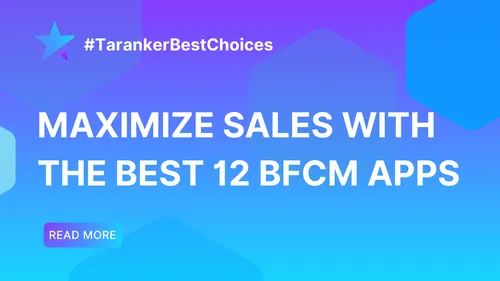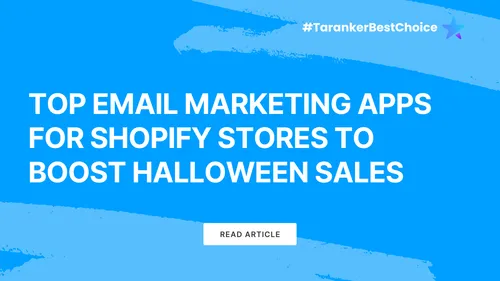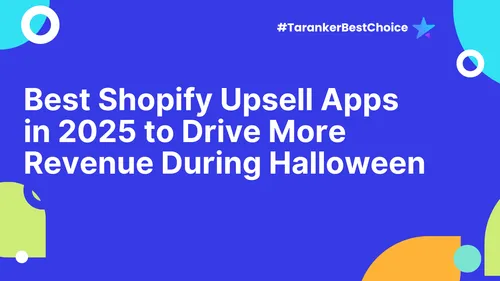For anyone looking to launch or grow their online business, the dropshipping model offers a unique combination of flexibility and low-cost scalability. In this blog, we’ll explore five key reasons why Shopify sellers should consider using dropshipping to maximize their business potential.
1. Low Startup Costs
One of the biggest barriers to starting a traditional retail business is the upfront cost of purchasing inventory. However, with dropshipping, you don’t need to invest thousands of dollars in stock.

There’s no need to buy large quantities of products or worry about warehousing. This minimizes financial risk and gives you the freedom to allocate resources to more critical areas, such as building a visually appealing Shopify store and driving traffic through marketing campaigns. You also have the flexibility to test different products and niches without the fear of losing money on unsold inventory.
Learn more about scaling your Shopify dropshipping business to six figures and how to make it work for you. Check out our guide on how to scale your Shopify dropshipping business to six figures.
2. Wide Product Selection
Dropshipping removes the limitations of physical storage, allowing you to offer a vast product range. Since you're not holding inventory, it’s easy to add new products or test new categories. Want to try out the latest trend? With a few clicks, you can update your store and see how customers respond.
This dynamic approach not only reduces financial risk but also enables you to stay ahead of trends, cater to a broader audience, and diversify your income streams. With dropshipping, you can continually adapt to customer preferences and seasonal trends without being tied down by inventory limitations.

3. Location Flexibility
A major advantage of dropshipping is that you can run your business from virtually anywhere in the world. Whether you prefer working from home, a café, or while traveling, all you need is a laptop and an internet connection.

Shopify’s mobile-friendly dashboard makes it easy to manage your store, process orders, and track inventory on the go. For those who value work-life balance or aspire to a digital nomad lifestyle, this is a dream come true. Dropshipping allows you to reach customers globally without being tied to a physical location or specific market.
4. Easy Scalability
In traditional retail, scaling your business requires substantial investment in inventory, warehousing, and staff. But with dropshipping, scaling is simpler and far more cost-effective. You can grow your business rapidly without the operational headaches that come with managing stock and fulfillment.
As your business grows, your suppliers handle the inventory and shipping logistics. This allows you to focus on other aspects, like marketing and customer service, without worrying about expanding infrastructure. Whether you’re fulfilling hundreds or thousands of orders, dropshipping partners help you scale seamlessly.

5. Reduced Operational Overhead
Managing inventory, warehousing, and shipping logistics is often one of the most challenging parts of running an e-commerce business. With dropshipping, you can eliminate these burdens entirely. Your suppliers take care of stocking, packaging, and shipping products directly to customers.
By offloading these operational tasks, you can focus on what really matters—building relationships with customers, refining your store, and optimizing your marketing efforts. This not only reduces stress but also cuts down on costs, freeing up more time and resources for growth and innovation.

Conclusion
Dropshipping presents a powerful business model for Shopify sellers, offering numerous advantages like low startup costs, an extensive product range, flexibility to work from anywhere, scalability, and reduced operational overhead. Whether you’re just starting out or looking to scale your existing store, dropshipping provides the tools and opportunities to build a successful e-commerce business.
Are you ready to take your Shopify store to the next level? Explore the potential of dropshipping today.
[Insert video embed here]
FAQs
1. Is dropshipping suitable for beginners?
Yes, dropshipping is ideal for beginners because it requires low startup costs and doesn’t involve managing physical inventory. This reduces the risk for new entrepreneurs.
2. How quickly can I scale a dropshipping business?
With dropshipping, you can scale rapidly without the need for additional inventory or warehousing. As your order volume increases, your suppliers handle fulfillment, allowing you to focus on marketing and growth.
3. Can I sell a variety of products with dropshipping?
Absolutely! Dropshipping allows you to offer a wide range of products without holding inventory. You can easily add new items or remove underperforming products as needed.
4. What are the downsides of dropshipping?
Some potential downsides include lower profit margins compared to buying in bulk, as well as less control over product quality and shipping times since suppliers handle fulfillment.
5. Do I need to have a large budget to start dropshipping?
No, one of the biggest advantages of dropshipping is its low startup cost. You don’t need a large budget for inventory, which allows you to focus on marketing and store development.
Watch this video for more information:













